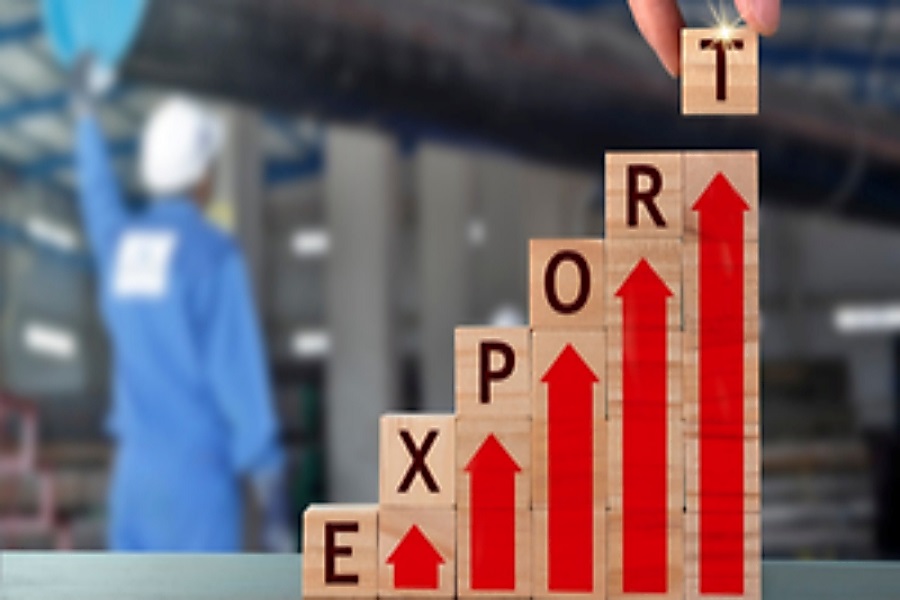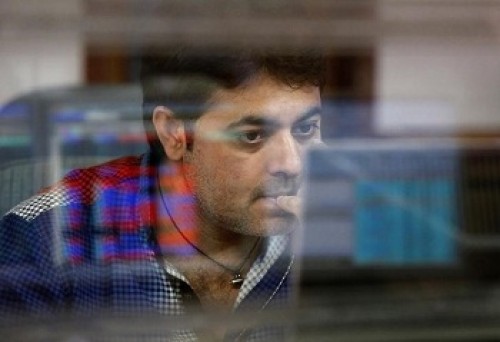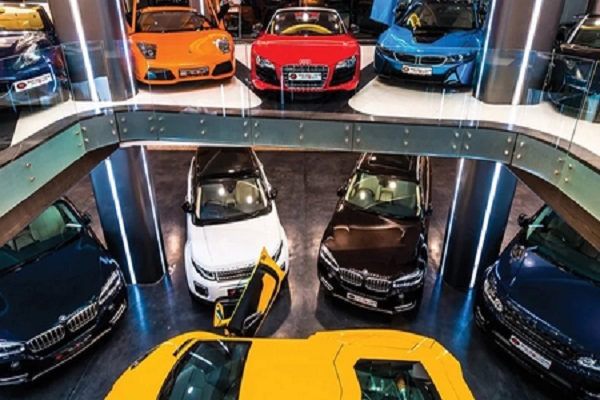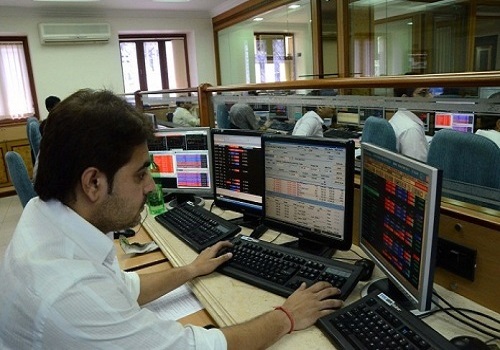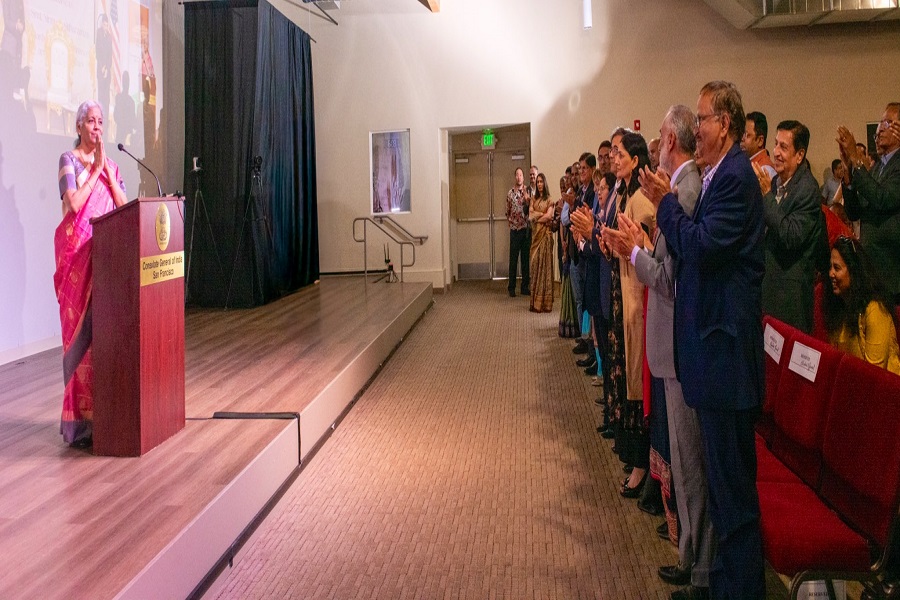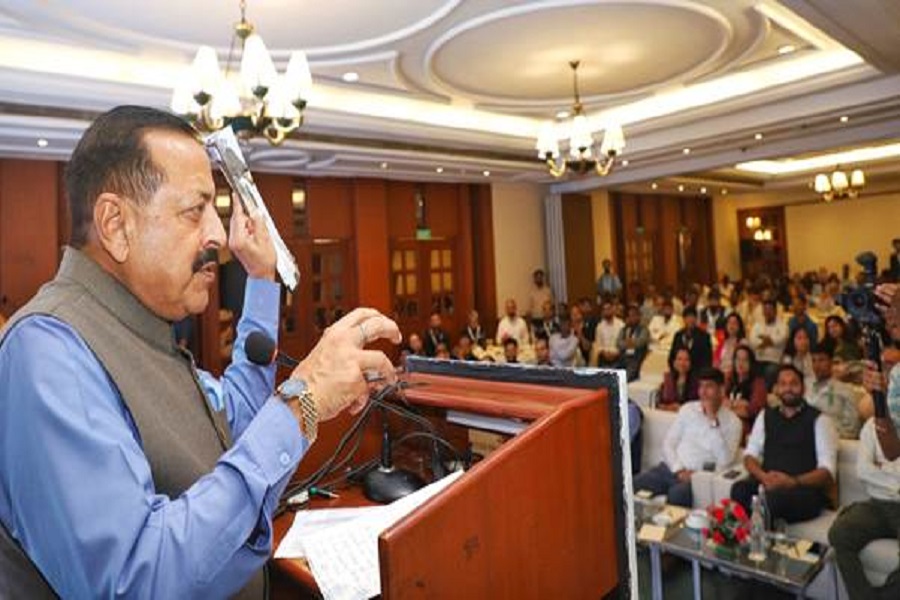Government progressing on policy of adopting import substitutes, cost-effective indigenous fuels: Nitin Gadkari
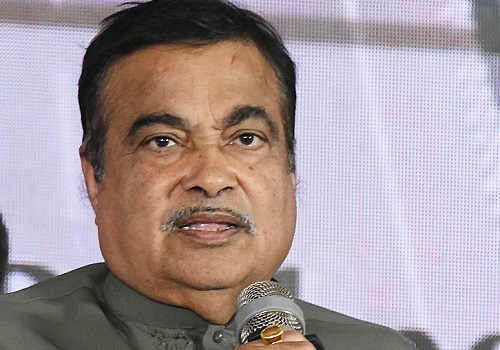
Underlining the government initiatives facilitating the use of ethanol, methanol, bio-CNG and hybrid electric vehicles, Union Minister for Road Transport and Highways, Nitin Gadkari, said on Monday that the government is progressing on the policy of adopting import substitutes, cost-effective, pollution-free and indigenous fuels for the transport sector.
Speaking at the FICCI conference -- Future of Mobility: India's Journey Towards Net Zero -- Gadkari also alluded to "making farmers as Urjadata along with Annadata".
Citing an IISC project that successfully demonstrated hydrogen production using biomass, the minister said, "This technology has the potential to completely transform the rural economy of the country."
He added, "Under this model, the farmers can produce green hydrogen and supply the same as fuel to heavy-duty buses and trucks."
Gadkari also highlighted flex engines, which can run on 100 per cent bioethanol or petrol, as another opportunity to "increase agricultural income".
"I have given a target to the auto industry to develop India's first BS-VI compliant flex engine and launch it in the country," he said.
Gadkari underlined a Russian technology that successfully managed to make the average of ethanol equal to petrol.
The minister emphasised using bio-CNG as a vehicular fuel, as he highlighted that bio-CNG is a cheaper and less polluting substitute to diesel, noting the availability of surplus rice 'parali' for conversion into bio-CNG.
"Five tonnes of rice straw gives one tonne of bio CNG," he said.
Gadkari also underscored plans to make an "electric highway".
He said, "We have a meeting with a scientific advisor to the Prime Minister, and we are planning to make the e-highway from Delhi to Jaipur as a private pilot project on which we can use electric buses, trucks, trolleys etc. and reduce the logistics costs."
Speaking on the occasion, Subhrakant Panda, President, FICCI, noted that India's transition to clean and green technologies and fuels is essential.
He emphasised incorporating a wide-ranging suite of solutions for decarbonising the transportation sector.




